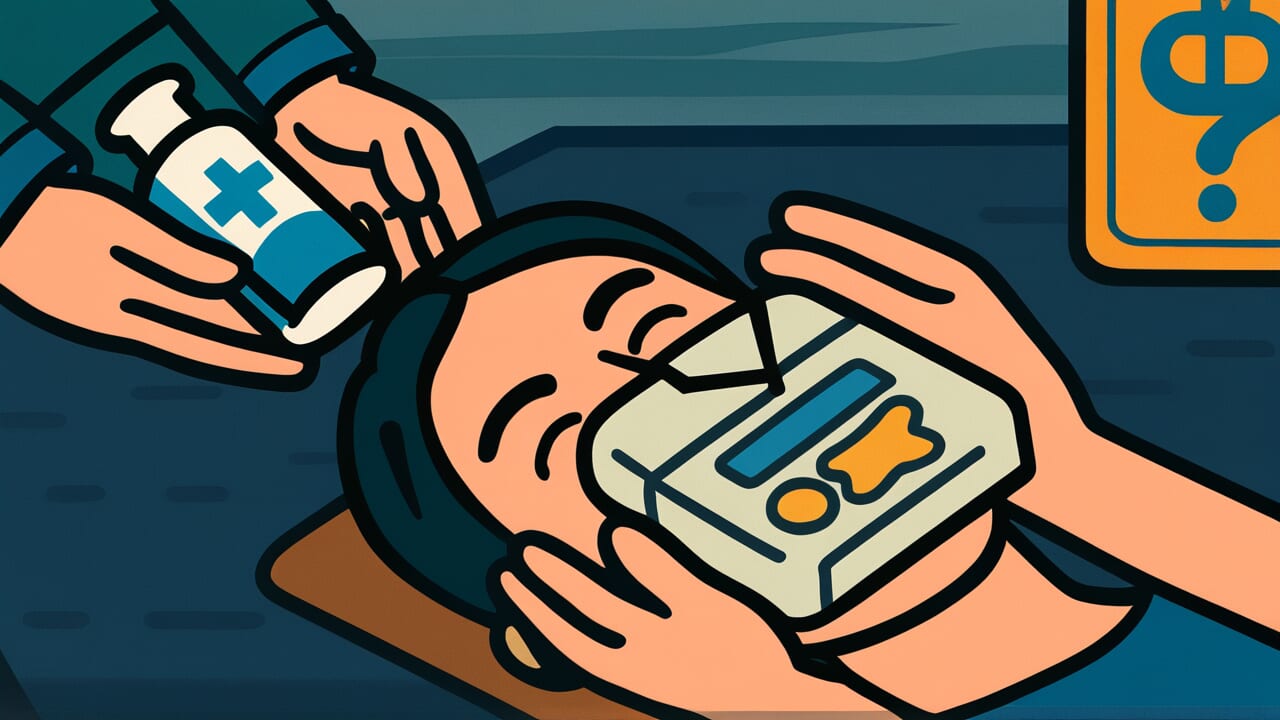Cultural Context
This Tamil proverb reflects a deep philosophical tradition in Indian culture. The concept of fate, or karma, shapes how many Indians understand life’s events.
Medicine represents human effort and control over certain aspects of life.
In Indian tradition, fate is often seen as predetermined or karmic. This belief comes from Hindu and Buddhist philosophies about destiny.
Many Indians balance accepting fate while still pursuing practical solutions to problems.
The proverb is commonly used when someone faces unchangeable circumstances. Elders often share this wisdom to help younger people accept difficult situations.
It teaches resignation but also encourages focus on what can be controlled.
Meaning of “There’s medicine for illness, but is there medicine for fate?”
The proverb states that illness can be treated with medicine. However, fate or destiny cannot be changed through any remedy. It teaches acceptance of circumstances beyond human control.
This applies when someone loses a job despite excellent performance. A student might miss admission due to a single mark difference. A business may fail despite perfect planning due to market changes.
These situations show how external forces sometimes override personal effort.
The proverb doesn’t encourage giving up on everything controllable. It specifically addresses truly unchangeable outcomes that have already occurred.
The wisdom lies in recognizing the difference between solvable problems and fixed destiny. This helps people avoid wasting energy fighting what cannot be changed.
Origin and Etymology
It is believed this proverb emerged from Tamil folk wisdom traditions. Tamil culture has long philosophical traditions exploring fate and free will.
Agricultural communities often faced unpredictable weather and harvests beyond their control.
The saying was likely passed down through oral tradition across generations. Elders used such proverbs to teach younger people about life’s realities.
Tamil literature and folk songs frequently explore themes of destiny and acceptance.
The proverb endures because it addresses a universal human experience. People everywhere face situations they cannot change despite their best efforts.
The simple medicine metaphor makes the concept immediately understandable across educational levels.
Its relevance continues in modern life where uncertainty remains constant despite technological advances.
Usage Examples
- Friend to Friend: “He applied to fifty jobs but keeps getting rejected – There’s medicine for illness, but is there medicine for fate?.”
- Coach to Assistant: “She trains harder than anyone but always finishes second – There’s medicine for illness, but is there medicine for fate?.”
Lessons for Today
This wisdom matters today because people often exhaust themselves fighting unchangeable outcomes. Modern culture emphasizes control and self-determination, sometimes unrealistically.
Recognizing true limits can reduce stress and redirect energy productively.
When a relationship ends despite sincere efforts, acceptance helps healing begin. After a business setback from economic collapse, entrepreneurs can refocus on new opportunities.
The key is distinguishing between giving up too early and accepting genuine finality.
People often find peace by asking what remains within their control. Energy spent lamenting unchangeable past events drains resources from present possibilities.
The wisdom teaches strategic acceptance, not passive defeat in all situations.



Comments